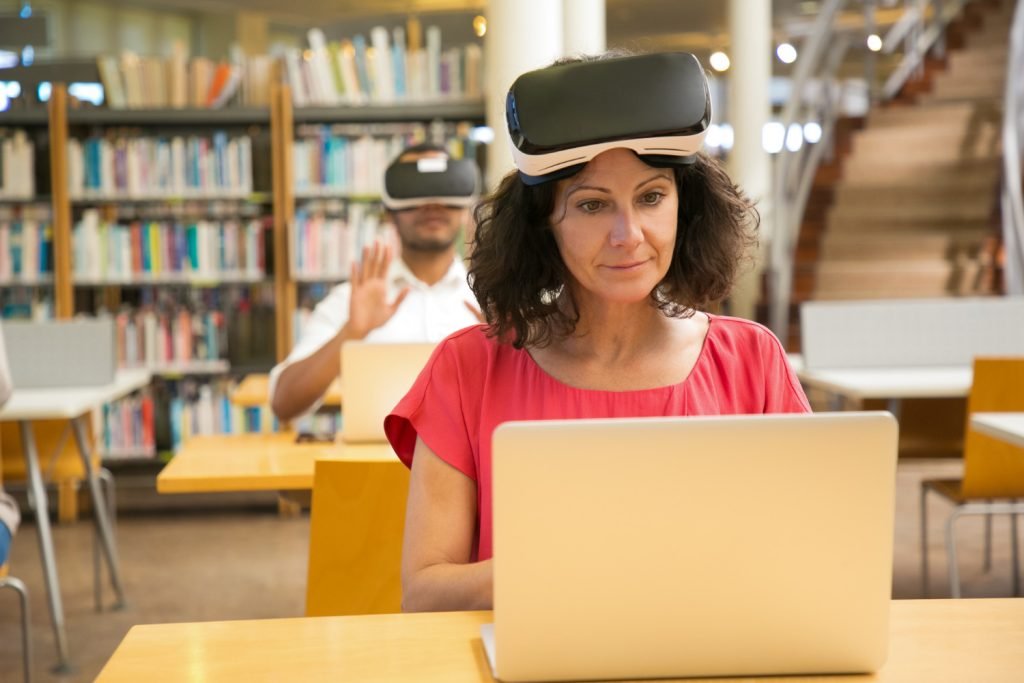The Role of Technology in Personalized Learning
In today’s fast-paced world, education is evolving rapidly, thanks to technological advancements. One of the most significant shifts we’ve witnessed is in personalized learning. But what exactly is personalized learning, and how does technology play a role? Let’s dive in.
Personalized learning is all about tailoring the learning experience to meet individual learners’ unique needs and preferences. It moves away from the traditional one-size-fits-all approach to education and instead focuses on catering to each student’s strengths, weaknesses, interests, and pace of learning.

Now, here’s where technology steps in as a game-changer. With the help of digital tools and platforms, educators can create customized learning experiences that engage and empower students like never before. These technologies enable adaptive learning pathways, where content and activities are dynamically adjusted based on each student’s performance and progress.
Imagine a scenario where a student struggles with a particular concept in math. Instead of falling behind or feeling discouraged, they can access interactive tutorials, simulations, or even virtual reality experiences designed to help them grasp the concept at their own pace. Meanwhile, another student who excels in the same subject can move to more challenging material without feeling held back.
Moreover, technology facilitates access to a vast array of educational resources beyond the confines of the traditional classroom. Through online courses, educational apps, e-books, and multimedia content, students can explore topics of interest in-depth, supplementing their formal education with self-directed learning experiences.
But personalized learning goes beyond just content delivery. Technology also enables educators to gather and analyze data on students’ learning behaviours and outcomes. By leveraging learning analytics and artificial intelligence, teachers can gain valuable insights into individual learning preferences and areas where students may need additional support.
For example, analytics tools can track how students interact with online assignments, quizzes, and discussions, allowing teachers to identify patterns and intervene when necessary. They can also provide real-time feedback and guidance, fostering a supportive learning environment that encourages continuous improvement.
Furthermore, technology facilitates collaboration and communication among students and teachers, regardless of physical distance. Through online forums, video conferencing, and collaborative digital platforms, learners can engage in meaningful discussions, share ideas, and collaborate on projects, enriching their learning experiences and building essential 21st-century skills such as communication, teamwork, and digital literacy.
In conclusion, technology has become an indispensable tool in personalized learning, empowering educators to create dynamic, engaging, and compelling learning experiences that cater to the diverse needs of students. As we continue to embrace technological innovation in education, the future of personalized learning looks brighter than ever.
Remember, the key to effective personalized learning lies not only in the technology itself but also in how it supports and enhances the teaching and learning process. By harnessing the power of technology wisely, we can unlock the full potential of every learner and pave the way for a more inclusive and equitable education system.
So, whether you’re a teacher, student, or education enthusiast, let’s embrace the role of technology in personalized learning and embark on a journey of discovery, growth, and lifelong learning.
Now, over to you. How do you see technology shaping the future of education? Share your thoughts in the comments below!
Read Also: